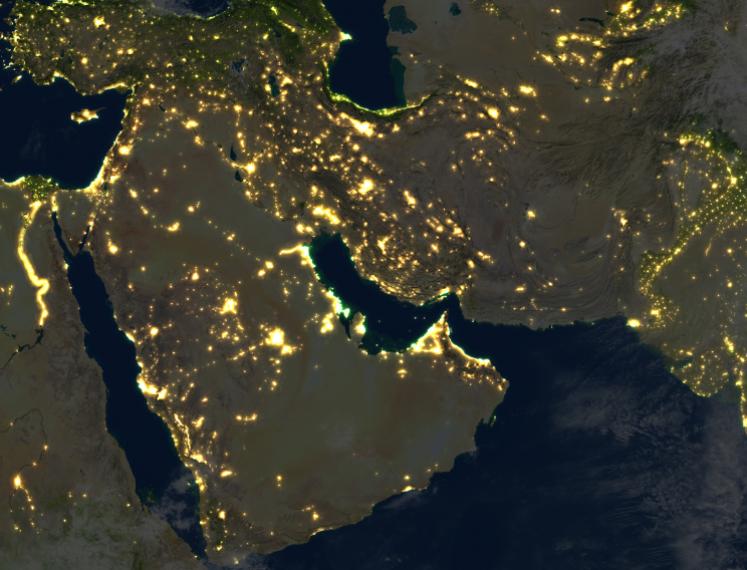Marie Loke Room, Harmonie complex
Oude Kijk in 't Jatstraat 26
Nederland
Extremist Label for the AfD: What are the Consequences?
On May 2, 2025, Germany’s internal security service officially designated the Alternative für Deutschland (AfD) as an “extremist organization.” This decision comes at a time when the party has achieved a record number of votes, placing it at the center of political and legal debates across the country (and abroad). The combination of its electoral success, its controversial extremist designation, and discussions about a potential ban has stirred strong emotions nationwide.
Given Germany’s history, does the rise of the far-right pose a unique threat to Germany’s democracy? To what extent do historical and socio-economic divisions between East and West Germany still influence this political dynamic? And how might the political landscape in Germany and across Europe evolve with the growing presence of far-right parties? Has the far right become mainstream—and if so, what are the implications for democracy?
Political scientist Eva Chavand discusses these and more (of your) questions during this edition of Let’s Ask.
Eva Chavand is a political scientist currently doing her PhD in the Chairgroup European Politics and Society at the University of Groningen. She focuses on political discourses on minorities, with the Roma minority as a central case study. In her PhD, she explores which factors impact policymaking and political discourse to gain a deeper understanding of the challenges regarding Roma Issues and minority politics in general as a fundamental but contested EU wide project.
In Let's Ask, Groningen's finest researchers share their knowledge to provide context to topical issues and will answer your questions. In collaboration with the Faculty of Arts (University of Groningen).






